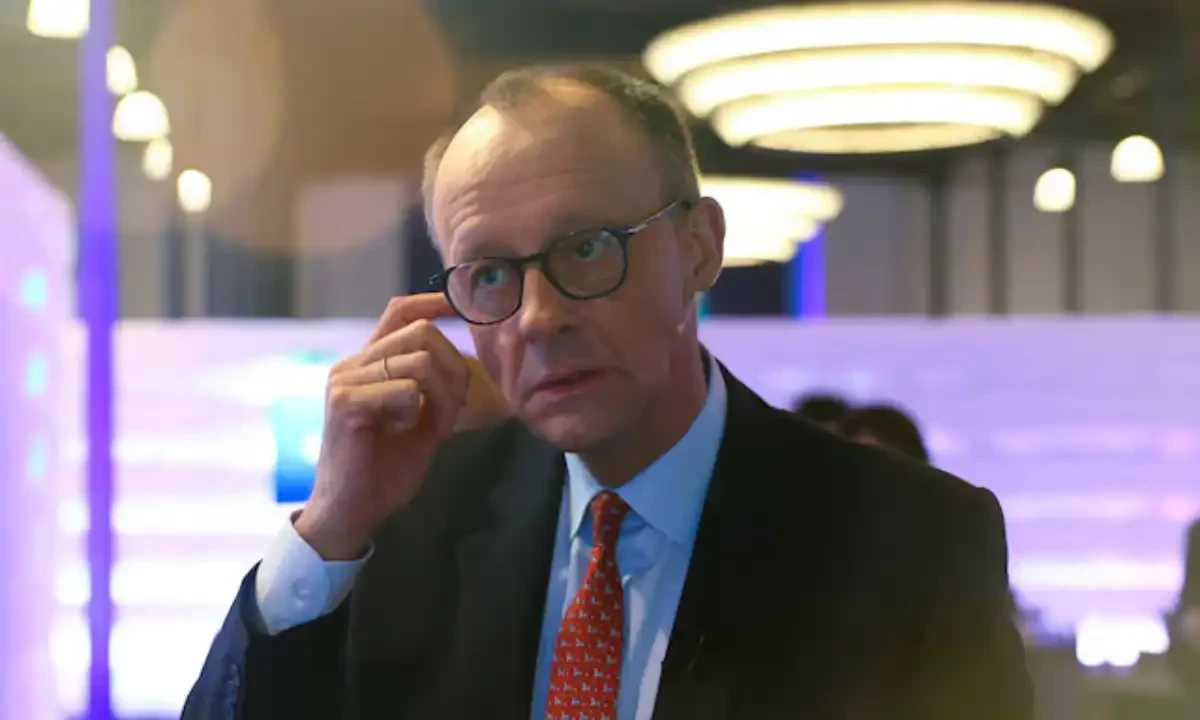German conservatives win election but far-right AfD surges, exit polls show
Germany’s opposition conservatives won the national election on Sunday, putting leader Friedrich Merz on track to be the next chancellor while the far-right Alternative for Germany came in second, its best-ever result, exit polls showed.
Following a campaign roiled by a series of violent attacks and interventions by U.S. President Donald Trump’s administration, the conservative CDU/CSU bloc won 28.5% of the vote, followed by the AfD with 20%, an exit poll published by ZDF public broadcaster showed.
Chancellor Olaf Scholz’s Social Democrats (SPD) tumbled to their worst result since World War Two, with 16.5% of the vote share, according to the ZDF exit poll.
The Greens were on 12% while the FDP hovered around the 5% threshold to enter parliament. A late campaign surge by the far-left Die Linke party gave it 9% of the vote while breakaway leftist party BSW led by Sahra Wagenknecht squeezed in on 5%.
Also, read this
Germans start voting, polls suggest shift to right
Afghan asylum-seeker drives into Munich crowd, hurts 28 in suspected attack
Germany to hold early elections following chancellor Scholz’s confidence vote loss The results set the stage for protracted coalition talks and likely mean a three-way coalition made up of one or two of the three same parties that were part of Scholz’s unpopular alliance that collapsed in November.
Merz, 69, has no previous government experience but has promised to provide greater leadership than Scholz and to liaise more with key allies, restoring Germany to the heart of Europe.
A brash economic liberal who has shifted the conservatives to the right, he is considered the antithesis of former conservative Chancellor Angela Merkel, who led Germany for 16 years.
Short of a majority in an increasingly fragmented political landscape, however, his conservatives will have to sound out partners to form a coalition.
Those negotiations are certain to be tricky after a campaign which exposed sharp divisions over migration and how to deal with the AfD in a country where far-right politics carry a particularly strong stigma due to its Nazi past.
That could leave Scholz in a caretaker role for months, delaying urgently needed policies to revive Europe’s largest economy after two consecutive years of contraction and as companies struggle against global rivals.
For the latest news, follow us on Twitter @Aaj_Urdu. We are also on Facebook, Instagram and YouTube.
























Comments are closed on this story.